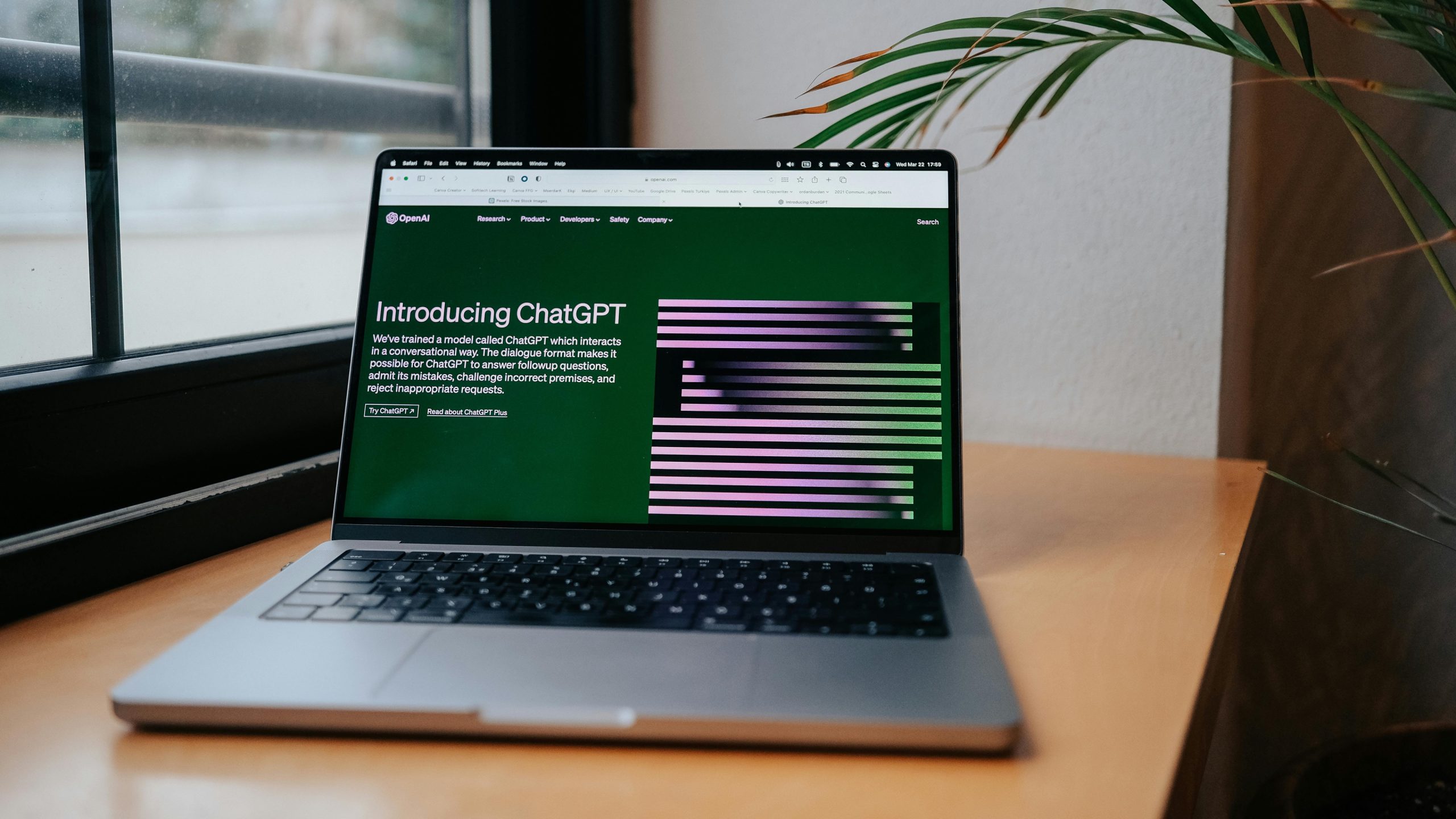The OpenAI GPT-5 launch introduced significant upgrades to ChatGPT, which serves approximately 700 million weekly users. For instance, GPT-5 delivers sharper reasoning for tasks like coding, finance, and health advice. Additionally, it reduces inaccuracies, known as “hallucinations.”
Furthermore, a real-time router assigns more processing power to complex queries, thereby enhancing efficiency. Early feedback praises strong coding and math performance.
However, the improvement over GPT-4 is less dramatic than past upgrades. According to CEO Sam Altman, GPT-5 offers “expert-level” assistance, yet it cannot learn continuously after deployment. Consequently, this limits its path to artificial general intelligence (AGI).
Pricing and Access Tiers
The OpenAI GPT-5 launch ensures broad access, as free ChatGPT users can try it, albeit with usage limits. Meanwhile, Plus subscribers benefit from higher limits. Moreover, the $200-per-month Pro tier provides unlimited GPT-5 access, including advanced variants like GPT-5 Pro and GPT-5 Thinking, which handle complex tasks more effectively.
Developers, in turn, can access GPT-5 through the OpenAI API, priced at $1.25 per million input tokens and $10 per million output tokens. Smaller models, such as GPT-5 mini and nano, are more affordable, costing $0.25/$2 and $0.05/$0.40 per million input/output tokens, respectively. Thus, these tiers cater to diverse needs, from casual users to enterprises.
Microsoft’s Integration Efforts
Microsoft has quickly integrated GPT-5 into its ecosystem, including Microsoft 365 Copilot, the consumer Copilot app, and GitHub Copilot for paid plans. Through Azure AI Foundry, developers can leverage GPT-5 for custom applications.
Additionally, a model router selects the optimal GPT-5 variant for each task, ensuring efficiency. Microsoft’s AI Red Team rigorously tested GPT-5’s reasoning model, confirming a strong safety profile. As a result, users can try GPT-5 in Copilot for free, which broadens access to this advanced AI.
Broader Context and Challenges
The OpenAI GPT-5 launch marks a step toward more reliable AI, with fewer errors and enhanced task performance. Nevertheless, OpenAI and analysts caution that GPT-5 does not achieve AGI and faces limitations, particularly in continuous learning.
Meanwhile, the AI industry grapples with pressure to deliver tangible returns on significant investments. Therefore, this launch serves as a critical test of practical value. For South African businesses and developers, GPT-5 offers tools to boost productivity. However, its real-world impact remains under scrutiny.






